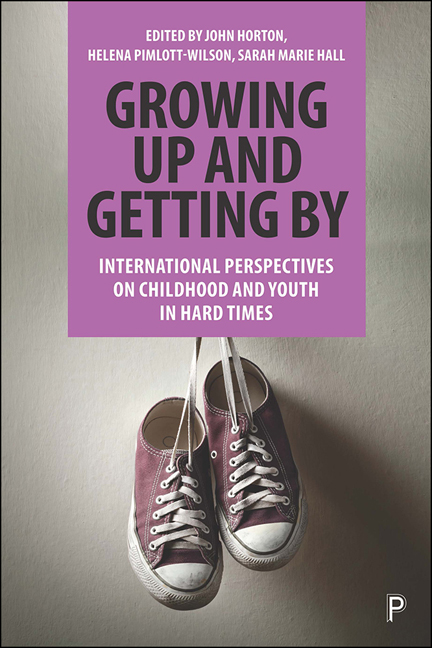15 - Dependent subjects and financial inclusion: launching a credit union on a campus in Taiwan
Published online by Cambridge University Press: 18 December 2021
Summary
Introduction
In 2013, Jon Henley, correspondent for the Guardian newspaper, wrote about the unemployment crisis confronting young Europeans, and described ‘a legion of young, often highly qualified people, entering a so-called job market that offers very few any hope of a job – let alone the kind they have been educated for’ (Henley, 2019). This scene is not limited to Europe. According to Taiwan's Ministry of Education, 65.8% of people in their 20s and early 30s had degrees in 2014, but university graduates accounted for around one-third (34.1%) of all casual employment in the country – an increase of 41.7% over six years. A series of financial reforms that favoured business conglomerates and the wealthy (Lin et al, 2011; Huang, 2014), together with the marketoriented expansion of higher-education institutions (Chan and Lin, 2015), have rendered a huge number of ‘qualified youth’ jobless over the last two decades. The growing concerns regarding the so-called ‘crumbling generation’ reflect the danger of Taiwan facing economic and demographic catastrophe in the near future (Lin et al, 2011; Ku, 2017; Huang, 2014). Despite the dire warnings, those aged 18–22 who are currently studying at university and face a gloomy future have been largely overlooked so far.
This chapter focuses on Taiwan's college students who are vulnerable to diploma inflation and job uncertainty before graduating. A hike in tuition fees is the basis of their financial predicament, since it often necessitates the taking on of student loans, which in turn has a stifling effect on their future (Huang, 2010). But leaving student debt burdens aside, another reason for concern is the hardship that youngsters are facing during their student years, before they have even graduated. Living expenses, for example, are between 1.5 and 3 times the cost of annual tuition fees, depending on the university and location. Previously, around 60% of parents would cover their children's living expenses (Chou, 2007), but as the wealth gap in Taiwan grows ever wider, an increasing number of students are receiving less support from their families (Lin, 2012). Working as part-time assistants on university and college campuses used to be a useful way to supplement their income, but the availability of such work positions has fallen sharply over the last five years5 (Pei, 2018).
- Type
- Chapter
- Information
- Growing Up and Getting By , pp. 287 - 308Publisher: Bristol University PressPrint publication year: 2021



